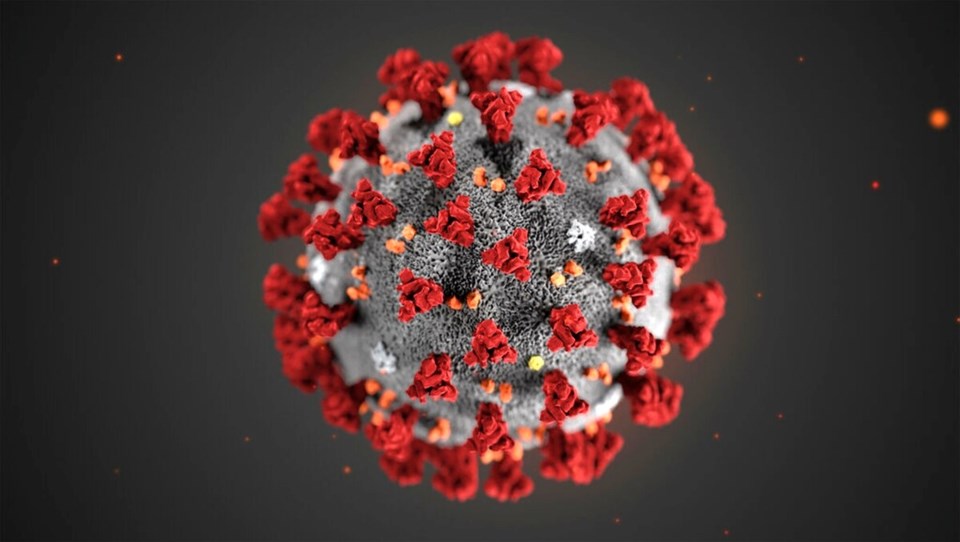Remembrance Day, observed last week on Nov. 11, the date when the First World War, originally known as the Great War, ended in 1918, more than 100 years ago now, is often characterized as a day to give thanks to those who paid the ultimate price in order to protect our country’s freedoms from those who were opposed to democracy and basic human rights, among other things.
Notwithstanding that the actual reasons why wars are fought are more complicated than disagreements over how the world should be run – there are countries today where people’s human rights are violated, that do not agree with everyone having a say in how their country is run – there is no denying what the soldiers who fought on Canada’s behalf did: they sacrificed, put themselves in harm’s way and, often, did not come back at all or came back very different, scarred from their experiences in war. Some sacrificed their lives, others their humanity in support of their cause. Regardless of how you feel about the true motivations behind any of the foreign wars Canada has been involved in, or specific actions taken by specific people as they fought those wars, respect is due to people who were willing to die for their beliefs, to protect their country and families from what they viewed as the forces of evil.
It is worth remembering this sacrifice now, in 2020, as Manitobans are, for the second time since COVID-19 was first detected within the province’s boundaries eight months before Remembrance Day, being asked to make sacrifices of their own in an effort to get a handle on COVID-19.
There has been a lot of talk about freedom as the pandemic has stretched on and on, the situation improving so much in Manitoba that it seemed as if the virus had gone away in the summer, only to come back with a vengeance. Nearly nine of every 10 Manitobans who have died as a result of COVID-19 – 179 as of Nov. 17 – have done so since the beginning of October, paying the ultimate price in this battle against an unseen enemy.
People should have the freedom not to wear masks, some say, or to worship with whom they see fit without government interference, according to others. Businesses should be free to assess the risks of being open themselves and to do what they judge is best. People should be free to go to nightclubs and dance or to play hockey or to work out at the gym. These arguments vary in terms of their merit, but the sentiment is one that most people would agree with. As much as possible, people should be permitted the maximum amount of freedom to live their lives the way they like.
But the freedom coin, like any other, has more than one side. And the edge is the boundary between one person’s rights and another’s. At the point where exercising your personal freedom does active harm to another person, their right to enjoy their life is being impinged upon. That is the point at which it is permissible for your freedom to be curtailed.
Going into a second period in which many businesses are asked to close, which will last four weeks or more, is not what anyone wants at this time of year. There is a very good chance that Christmas will not be a time for large family gatherings this year, which can be viewed as a hardship, especially for those who do not get a chance to see their extended family often. But the sacrifices that Manitobans are being asked to make, which are not distributed evenly to everyone, a reflection of the fact that we live in an, at times, unfair society, are not, in the grand scheme of things, that great. The First World War lasted four years, the Second World War more than five. If previous generations could ship off to fight in and for countries they had never been to before, to die for their own country and to go without some of the basic essentials of life or have them rationed so that more resources could be directed to the war effort, the generations alive today can go without meals in restaurants or church services or gym workouts or in-person shopping for non-essential items for a much shorter period of time, especially if it can help protect the oldest and most vulnerable among us, some of whom lived through harder times for longer than many of us alive today have ever had to in our entire lifetimes.




